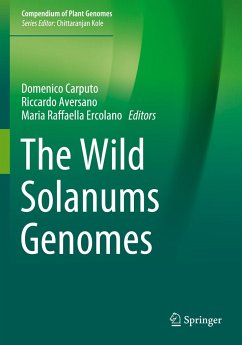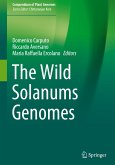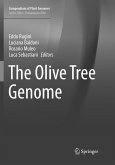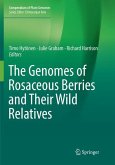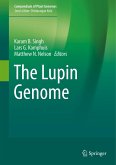This book gathers the latest information on the organization of genomes in wild Solanum species and emphasizes how this information is yielding direct outcomes in the fields of molecular breeding, as well as a better understanding of both the patterns and processes of evolution. Cultivated Solanums, such as potato, tomato, and pepper, possess a high number of wild relatives that are of great importance for practical breeding and evolutionary studies. Their germplasm is often characterized by allelic diversity, as well as genes that are lacking in the cultivated species.
Wild Solanums have not been fully exploited by breeders. This is mainly due to the lack of information regarding their genetics and genomics. However, the genome of important cultivated Solanaceae such as potato, tomato, eggplant, and pepper has already been sequenced. On the heels of these recent developments, wild Solanum genomes are now becoming available, opening an exciting new era for both basic research and varietal development in the Solanaceae.
Wild Solanums have not been fully exploited by breeders. This is mainly due to the lack of information regarding their genetics and genomics. However, the genome of important cultivated Solanaceae such as potato, tomato, eggplant, and pepper has already been sequenced. On the heels of these recent developments, wild Solanum genomes are now becoming available, opening an exciting new era for both basic research and varietal development in the Solanaceae.

